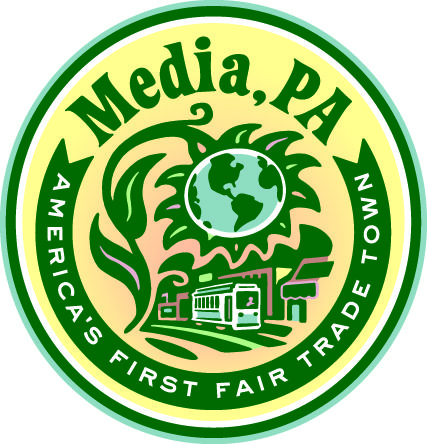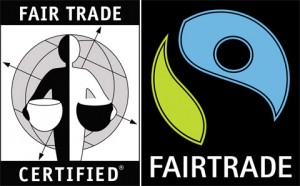Fair Trade is a tool for reducing poverty in developing nations. It’s a form of trade that builds equitable and long-term partnerships between producers in developing regions of the world and consumers in the north. A Fair Trade certification guarantees many things including the following:
- Producers receive a minimum set price for their goods, financial and technical support, healthy and safe working conditions, economic development of their communities, and educational opportunities for their children.
- Consumers receive excellent products plus the peace of mind that comes with knowing they are actively addressing poverty, preserving the environment, and promoting an end to child labor.
- The planet receives a chance at health and healing since Fair Trade actively promotes sustainable farming techniques, biodiversity, and bird and animal habitat preservation.
Why is Fair Trade Important?
Fair Trade Certified products alone positively impact the lives of the over one million Fair Trade farmers and their families, who are located in 58 countries. Fair Trade raises the standards of living for these families and offers a comprehensive development of their communities. It offers true change, and not charity.
Fairly traded products affect millions and millions of producers providing them with more resources and control over their lives. Support of Fair Trade lifts others up while respecting Mother Earth and her limits.
Check out these reports on the impact of Fair Trade worldwide:
All of this positive change is as easy as reaching for Fair Trade Certified coffee at your grocery store and shopping from merchants who support Fair Trade practices.
Here’s a brief overview of the differences between “Free” Trade and Fair Trade.
Thanks for being Fair Traders!

